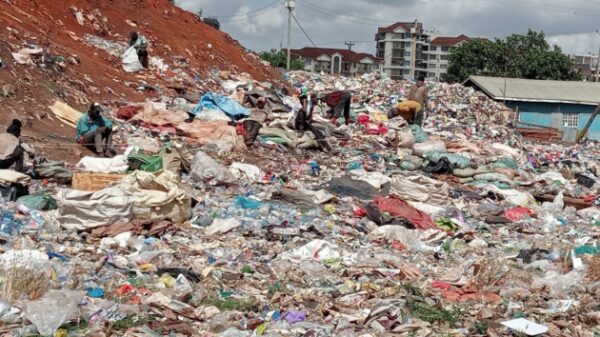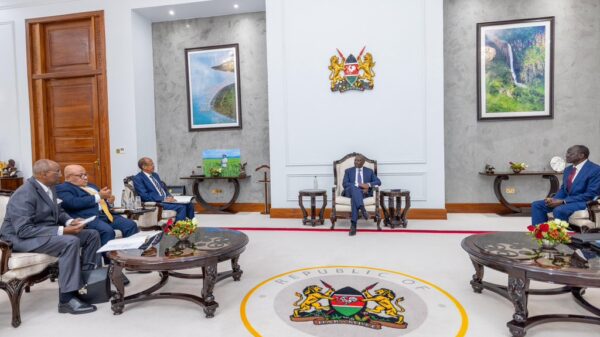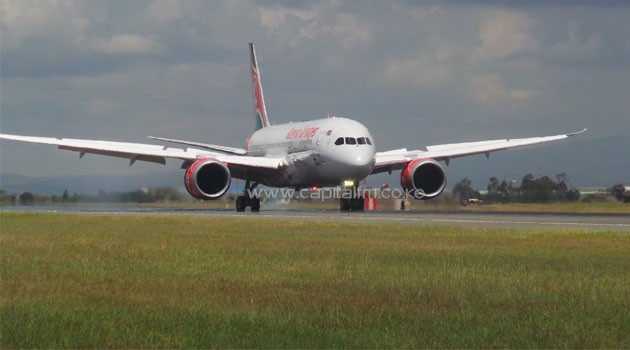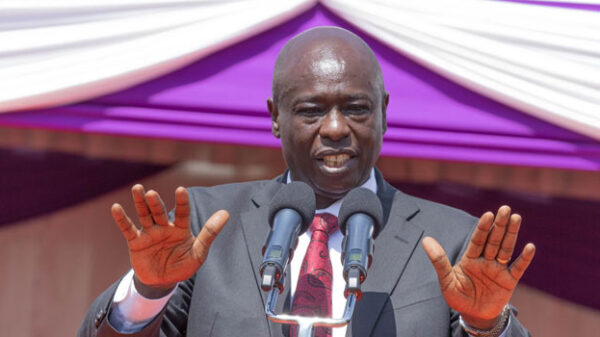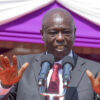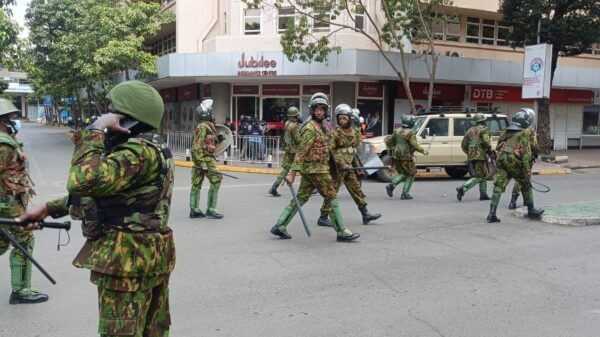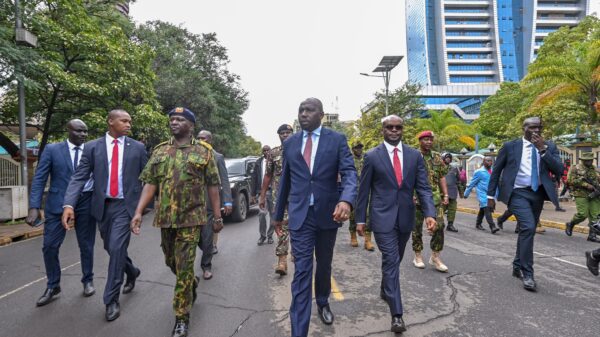Liberia’s former President William Tolbert is set to receive a symbolic reburial on Tuesday, 45 years after he was murdered during a coup and his body believed to be dumped in a mass grave.
Ten days after the president’s killing, following trials by a kangaroo court, 13 of his cabinet were stripped, tied to stakes and then executed by a firing squad on a beach next to an army barracks in the capital, Monrovia.
None of the 14 corpses has been found but each man is due to get a state funeral at a ceremony attended by President Joseph Boakai and other dignitaries.
The event is seen as an act of reconciliation and part of a process of the country coming to terms with its violent recent past.
The 12 April 1980 coup in which 28-year-old Sgt Samuel Doe took power ended well over a century of political dominance by the minority Americo-Liberians, the descendants of freed black slaves who had come from the US in the 1800s.
Tolbert’s nine-year presidency was marked by growing dissatisfaction with the ethnic inequalities.
His overthrow came at the start of a period of instability in Liberia, culminating in two devastating civil wars, that finally ended in 2003.
Doe himself met a violent death at the hands of rebels in 1990. His reburial in his home town last week was also ordered by the president.
“This is not just a burial; it is a moment of national reflection, a time to reconcile with our history, to heal from our wounds, and to remember with respect and purpose,” Boakai said at Doe’s funeral.
For the families of those executed in 1980, Tuesday’s ceremony is both an act of remembrance and a way of bringing some respect to those who died.
“It has been 45 years and the pain is still fresh,” prominent lawyer Yvette Chesson-Gibson, daughter of executed Justice Minister Joseph Chesson, told the BBC.
She emphasised that Tuesday’s reburials will be the start of a long-term process.
“This is not just a ceremony, it is the beginning of a closure. Reconciliation is not an event,” she said.
“There are many facets to healing, but for us primarily this is just one of the many ways we continue to pay homage to deserving Liberian fallen heroes,” Bindu Dennis, the daughter of Tolbert’s Foreign Minister Charles Cecil Dennis, said.
“Our fathers were simply murdered in one of the world’s most despicable and inhumane public acts of brutality, violence and cruelty born out of an ugly spirit of greed for political power.
“As long as you understand that closure doesn’t mean forgetting, then we’re on the same page.”
Until now, the 14 people executed in 1980 have been remembered by a tombstone, bearing all their names, where former presidents have paid their respects each year.
However, when this was excavated earlier this year, no human remains were found.
Jarso Maley Jallah, the minister in charge of the reburial programme, told the BBC that “there are some things that have happened in our country that we’re not proud of, but yet we are Liberians, and we must come together to advance our nation”.
The family of each person killed is set to be presented with a Liberian flag as a mark of their public service and there will also be a 21-gun salute.
A Truth and Reconciliation Commission (TRC) was set up in 2006 by former Liberian President Ellen Johnson Sirleaf to gather testimonies about the atrocities committed during the conflicts.
In 2009 the TRC identified a list of people to be prosecuted for war crimes, but no action was taken. No-one has been tried in Liberia but some perpetrators have been convicted in other countries.
Last year Boakai signed an executive order aimed at setting up a special court.











